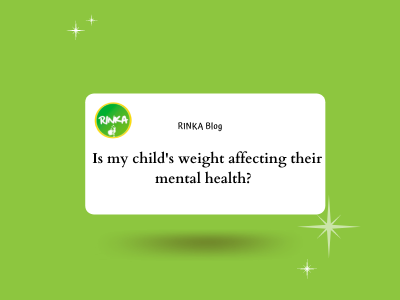We know the physical negativities to childhood obesity – increased risk of heart disease, type 2 diabetes, cancers – but do we place enough emphasis on the mental health concerns for an overweight child?
A large UK study has identified that obesity and mental health are closely linked and gradually increase throughout childhood. ‘Obese seven-year-olds are at greater risk of suffering emotional problems, such as anxiety and low mood, when they reach 11’ the study reports.
Prof Donal O’Shea of the HSE says that the biggest implication of overweight and obesity in childhood is around esteem.
Children who experience low self esteem are less likely to want to get out and about to get involved with playing with other children or getting into sports and clubs.
It has also been noted that children with obesity are frequently subjected to teasing, bullying, discrimination and other forms of social marginalisation which are associated with lower self-esteem, depression, adverse social functioning as well as lower academic achievement.
Children with a positive relationship to health and fitness are more inclined to experience a positive body energy, feel more confident in social situations and experience a more positive self-image.
Teaching children to love themselves as they are is important. Show them that they have unique gifts and talents to share with the world. Teach them about how wonderful their bodies are and teach them to explore and develop new skills and interests. However, don’t confuse encouraging your child to love themselves with ignoring health issues that need your immediate attention.

